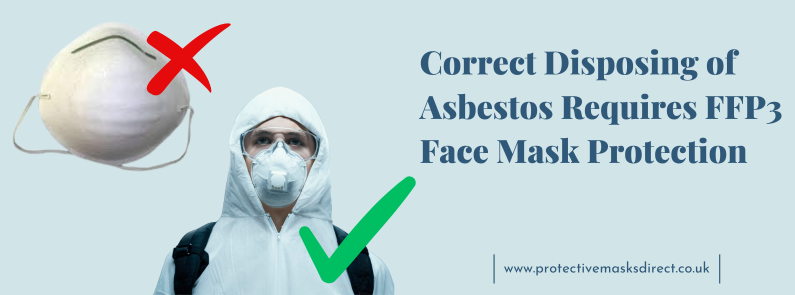
Nowadays, farming relies on the use of pesticides and herbicides that increase the crop yield. The use of herbicides also stirs up dust, pollen, and other airborne substances that can affect your lungs and airways.

Nowadays, farming relies on the use of pesticides and herbicides that increase the crop yield. The use of herbicides also stirs up dust, pollen, and other airborne substances that can affect your lungs and airways.

Respiratory protection is more important today than ever because there is an increased exposure to airborne particles. The annual levels of PM2.5 and NO2 in the UK are nearly 60% higher than the recommended levels as per the World Health Organization air quality guidelines.
In 2025, the increased demand for FFP3 face masks will raise prices, particularly in sectors like construction, where workers face persistent exposure to fine silica dust, and in healthcare settings, where professionals combat airborne pathogens.

Imagine you are entering a construction site or industrial environment where invisible danger is everywhere: tiny particulate fumes that are injurious to the lungs. With every breath you take, you allow dust, viruses, or toxic fumes to enter your lungs. An FFP3 mask blocks up to 99% of these harmful particles, offering the highest level of protection. But what happens if you don’t wear one?

Asbestos is a dangerous substance that breaks down into multiple strands of tiny fibres. It can cause serious health problems like respiratory diseases, lung cancer, and asbestosis. However, some industries require you to work with asbestos, which will affect your health over time. So, it is very important to understand how to protect yourself against such disease.